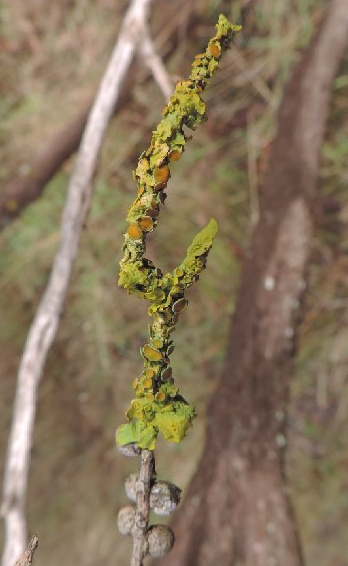What is a virus? Allen Cheng, Associate Professor in Infectious Diseases Epidemiology, Monash University: theconversation.com/explain...
Peter C. Doherty, Laureate Professor, The Peter Doherty Institute for Infection and Immunity looks at humanity's long history of living with and dying from viral infections:
theconversation.com/disease...
"Using vaccination and other disease control measures, we have eliminated two virus infections that have, through the ages, caused massive economic damage and loss of life: human smallpox (1980) and bovine rinderpest (2011).
Another scourge, polio, is close to eradication. But problems remain with vaccine coverage (and the safety of the medical teams) in regions that are essentially war zones.
We could also eradicate measles, but this is hampered by some parents in the developed world who believe they do not have a responsibility to immunise their children against the standard infections of childhood.
The rinderpest eradication shows it’s easier to eradicate viruses in domestic animals than people!"
Neil
Photo: Lichen covered twig. A lichen is a composite organism that arises from algae or cyanobacteria (or both) living among filaments of a fungus in a symbiotic relationship - but with no virus  : en.wikipedia.org/wiki/Lichen
: en.wikipedia.org/wiki/Lichen
